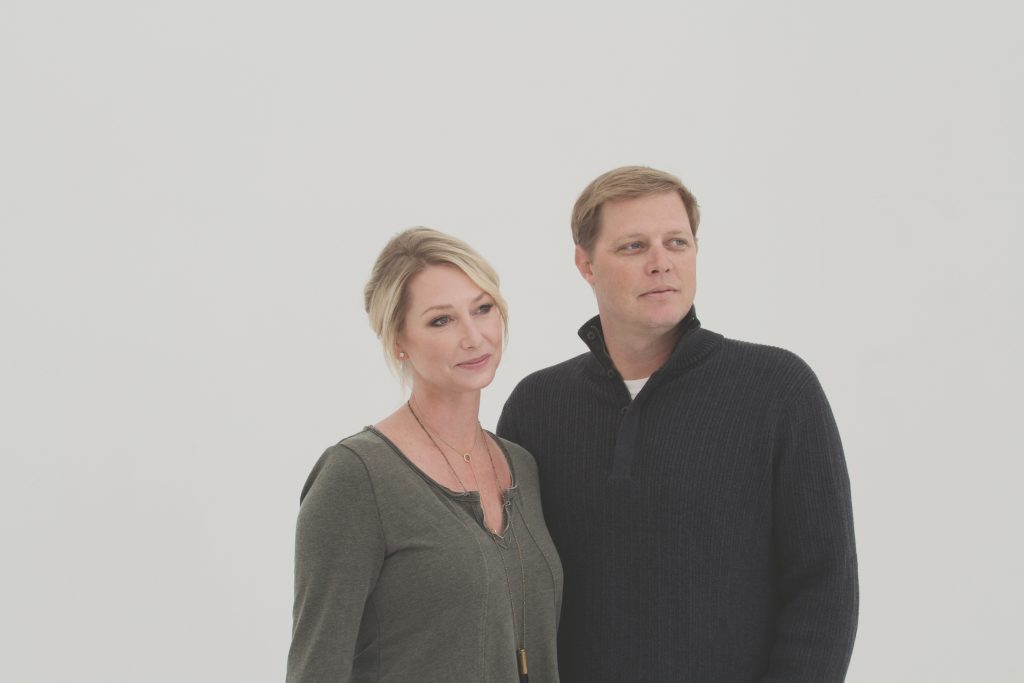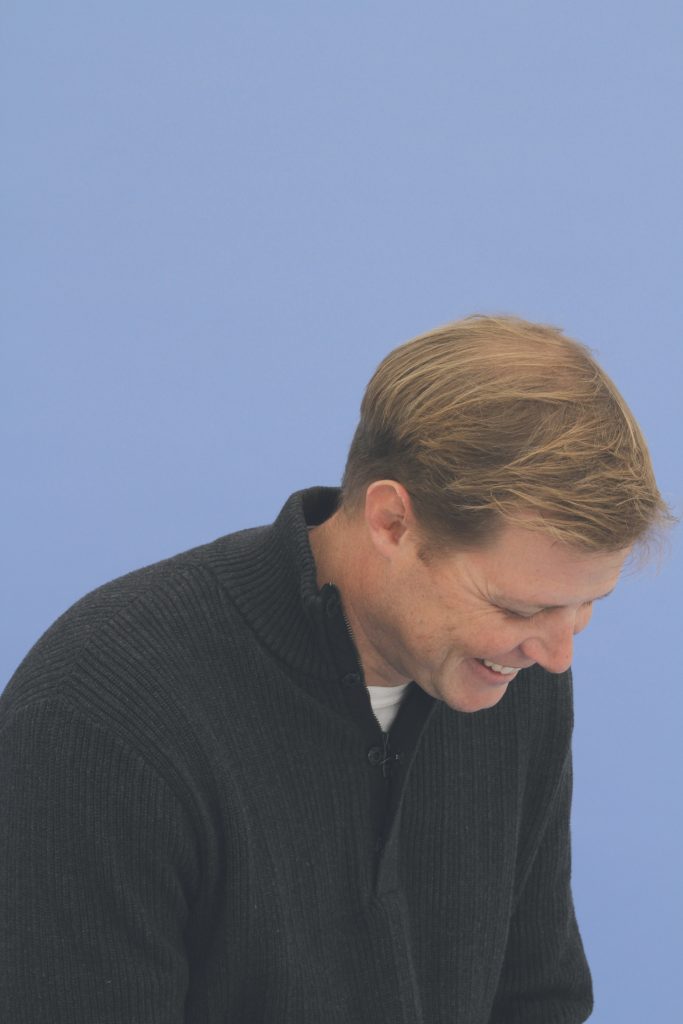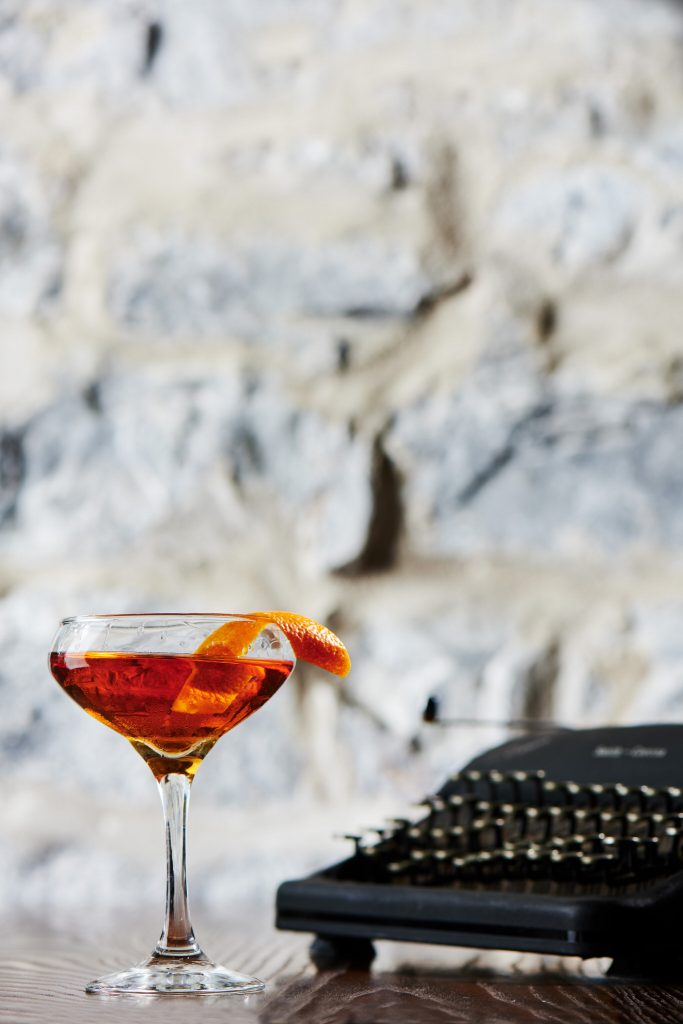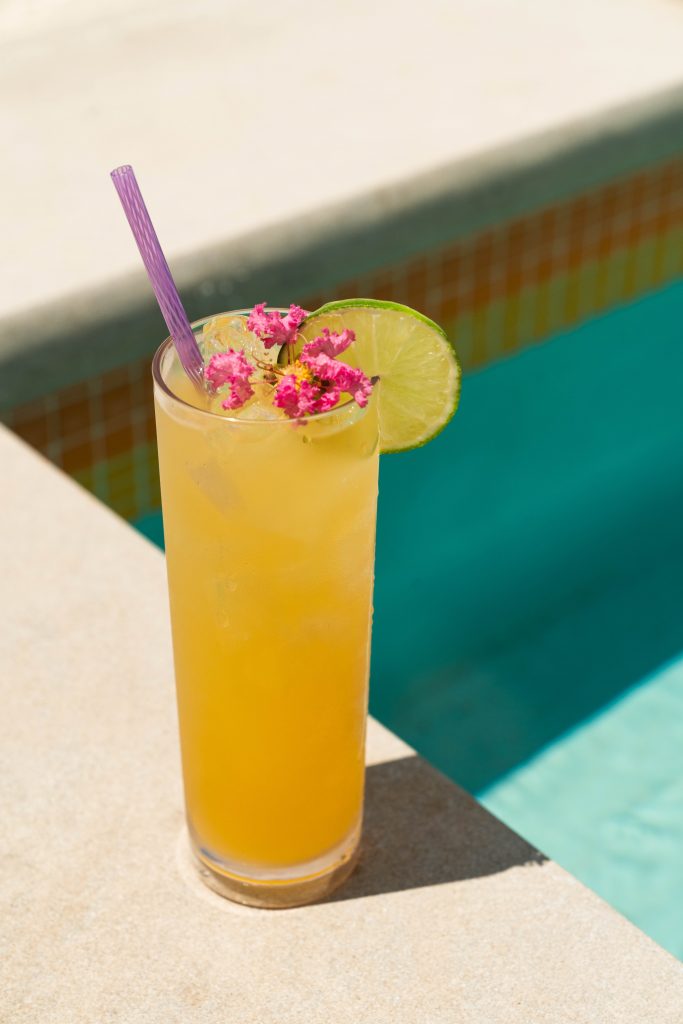
Another round of bachelorette parties on pedal taverns woooo past the honky-tonks. Legs churning, booze owing, their screams are audible far from their usual route through Lower Broadway. The procession of girls with dick-themed accessories drink their way past Tootsie’s, Robert’s, Paradise Park: each block of neon-lit bars makes it harder to believe that Tennessee was one of the first states to pass laws prohibiting alcohol.
State lawmakers spent decades attempting to rid Tennessee of alcohol well before the Eighteenth Amendment ratified Prohibition nationwide in 1919. Making whiskey was hugely popular in 19th- century Tennessee: at one point, distilling was the state’s largest manufacturing industry. Before Prohibition, Tennessee had the most distilleries of any state in the union; after, it had the least. The years of resistance to making booze devastated the business. From scores of distilleries, only two—George Dickel and Jack Daniel’s—survived Prohibition.
Jack Daniel’s managed to escape the wrath of temperance by skipping town, producing whiskey across the border in Missouri for decades. When they nally returned to their Tennessee distilling facility in the 1950s, the state was still conservative, anxious to avoid the return of the wild moonshiner days of the early 20th century. Daniel’s was able to reopen their distillery by agreeing to stringent regulations that made it essentially impossible for any other whiskey makers to establish new facilities in the state, giving them a robust market share and easing fears of unrestrained sin and iniquity. Then, in 2009, nearly one hundred years after Prohibition took hold, Tennessee lawmakers came to their senses and reevaluated the distilling rules. With the easing of regulations came a renaissance of craft distilling that’s just hitting its stride.
This abridged history of one of Tennessee’s greatest and best-known traditions leads to me, here, outside the Speakeasy Spirits production facility in The Nations, looking at the glass doors and wondering which bell lets someone know I’m here. I hit them all.

Eventually, Shafer comes out to greet me. Shafer, a friendly mutt, has been named Chief Barketing Officer by her owners, Jeff and Jenny Pennington. In 2011, encouraged by the friendlier regulatory environment, the Penningtons opened their Speakeasy Spirits facility in The Nations, which was going through an identity crisis at the time.
“When we first moved in over here, they were trying to rename this area the Historic West Town,” Jeff recalls. Then The Nations quickly became one of the hottest neighborhoods in Nashville, and the rebranding effort disappeared.
We’re walking as we talk, and we arrive in their laboratory, where they develop recipes and test products for values like proof strength. Hundreds of tiny bottles containing taste profiles line the shelves. I don’t see snozzberries, but I don’t doubt that they’re around here somewhere. Their R&D partner sends them all kinds of odd flavors. Jeff tells me with a big laugh: “Airplane cookie? I don’t want an airplane cookie!” Jenny proudly points out that the bottles are only for recipe planning; the flavors in their products like Picker’s Blood Orange Vodka come from real fruit, not a naturally derived flavor extract. They fly blood oranges from California and infuse their vodka directly, which imbues the spirit with a rich, authentic flavor and an electric red-orange hue.
The Penningtons started their Speakeasy adventure with a different strategy than many of their fellow distillers. Jenny lays it out for me: “So many of the other craft distilleries start with that whole look: the tasting room, that beautiful gift shop, all of that, where we really have approached it differently. We’ve been all about production since we started this.” Because of their focus on manufacturing rather than a sleek, sexy visitor experience, Speakeasy was able to build out a massive facility, far larger than they could fill at first. “Breweries were the only kind of blueprint we had to go by for craft distilling, because craft distilling was—is still—burgeoning, still kind of [an] infant now,” Jeff says. “I talked to a couple breweries, asking,‘What would you have done differently if you could start again?’ The most common thing I got was, ‘I would’ve built a bigger operation the first time.’”
“CRAFT DISTILLING WAS—IS STILL—BURGEONING, STILL KIND OF [AN] INFANT NOW.”
The outsize distillery succeeded in the early days by copacking, or private label bottling. Jeff explains that the process benefits both parties. “A lot of other clients who were trying to start their own brands would come to us, and we would package them to help pay for the equipment, pay for labor, pay for rent. And now I think there’s four other distilleries operating in Tennessee that started by bottling their stuff here with us.” There are confidentiality agreements involved, so Jeff holds off on naming names, but if you’ve enjoyed a few local bourbons, it’s likely that the whiskey passed through Speakeasy’s gates.
Back when it was almost Historic West Town (whatever that means), Jeff and Jenny’s decision to focus on production made sense. Not a whole lot was happening in the neighborhood, and drawing a crowd would’ve been difficult, if not impossible. But The Nations is a wholly different place than it was five or six years ago. Now that their distillery is in such a prime location, the Penningtons are revisiting their strategy. They weren’t ever opposed to the tasting room and the gift shop—they just didn’t think they could pull it off at Speakeasy’s location. They also couldn’t afford to start in a more popular part of town. Jeff shares with a laugh: “We decided that we wanted to build the facility first and hopefully build somewhere like that in the future. But luckily, we were sitting in the area where the neighborhood came to us! It saved us having to go away, so we’re really excited.” The Nations has changed enough to where Jeff and Jenny feel comfortable moving forward with 2017’s big plan: a tasting room, a gift shop, and a greater emphasis on outreach to locals and tourists alike.
There’s more than just a gift shop in the works for Speakeasy. Jeff and Jenny look at each other conspiratorially as they share the first of their big reveals: this spring, they’re going to change the name to Pennington Distillery. The name change isn’t just for show. The first five years of Speakeasy have focused on niche products. Their flavored vodkas and ryes. Their cordial mixes. Whisper Creek, their award-winning Tennessee Sipping Cream, which is a Bailey’s alternative that’s dangerously smooth and drinkable. All the while, they’ve been putting away whiskey, and this fall, they’ll open the first of their barrels for public consumption. Jeff has a huge smile on his face as we tour the factory floor. He’s practically giddy. He guides me between their stills with all the pride of a new parent—but his child is whiskey.
Whiskey takes patience. Tennessee whiskey has to sit in oak barrels for at least four years to be called Tennessee whiskey. Not exactly a money-making operation right out of the gate. Jeff and Jenny bridged the four-year gap through their copacking partnerships and a wide range of products that could be ready almost immediately. The Pennington Plan (as I just thought to call it but it sounds official) allowed the distillery to establish a market share while their whiskey aged. Though their ready-made liquors, liqueurs, and cordials will continue to win fans, as Jeff points out, “The end goal for all of us in Tennessee is whiskey. I mean, that’s what makes us unique.” The Pennington Plan has paid off , and their long wait is almost over.

Though it’s not quite ready, Jeff and Jenny share a taste of their barrel-strength whiskeys. There are three: a rye, a bourbon, and a straight Tennessee whiskey. The rye is closest to launch, with a grand opening coming this fall. The others will need another year or two. Even a couple years from full maturity, the Pennington whiskeys are full-bodied, complex, and supple. The rye is spicy, with notes of cinnamon, clove, and honey and a lingering burn that’s not unpleasant. The bourbon is buttery and tastes like smoked caramel. And their Tennessee whiskey, the secret alchemy of grains and time, the drink that’s made Tennessee famous around the world . . . Well, I don’t want to spoil it for you. You’ll have to wait.
On a whiteboard in one of the Speakeasy offices is a list of values. First on the list: “Keep true to our heritage.” We’re all lucky that a few brave lovers of Tennessee whiskey persevered through years of limitations on the production, sale, and consumption of alcohol. Seriously, the temperance folks were intense: in 1916, the mayors of both Nashville and Memphis were removed from office for refusing to enforce a ban on liquor. When America’s “Great Mistake” mercifully came to a close, it still took decades for Tennessee’s whiskey industry to recover. And that work only began again in earnest with the 2009 regulations overhaul. Jeff hardly dared to dream that his birthplace would come around. “I never thought that people would be accepting of alcohol the way it’s become, seen as an art, and not necessarily as a devil’s tool.” And now he and Jenny are part of a long history, nearly shattered but now stronger than ever. Between fits of booming laughter, Jeff gets serious. “This whole making the three different whiskey recipes and patiently waiting for them all to age? I think that really is sparking something inside of both of us, where we feel this heritage, a legacy that hopefully we can pass that on one day. When we’re dead and gone, there might be whiskey in a barrel that we helped put there. And I think that’s pretty cool.”
Suggested Content

Cocktail of the Month: Are We Cross
By Jay Gore, Bar Manager/Beverage Director Earnest Bar and Hideaway


